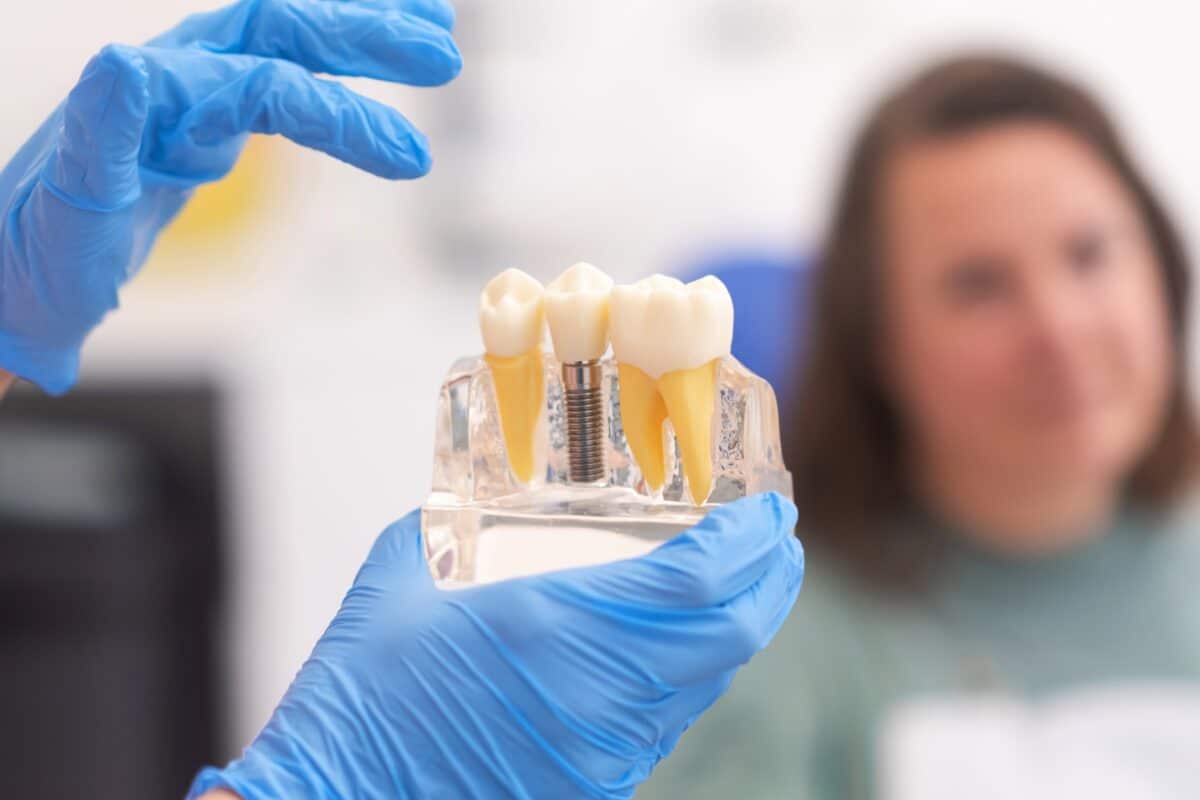Root canal therapy is a common dental procedure aimed at saving a severely infected or damaged tooth. Despite its prevalence, there are many misconceptions surrounding root canals. Let’s separate fact from fiction to help you understand the truth about this essential dental treatment.
Myth: Root Canals Are Painful
Fact: While root canal therapy may have had a reputation for being painful in the past, advancements in dental techniques and anesthesia have made the procedure relatively pain-free. In fact, root canals are performed to alleviate the pain caused by severe tooth infections or inflammation.
Myth: Root Canals Cause Illness
Fact: There is no scientific evidence to support the myth that root canals cause illness or contribute to systemic health problems. Root canal therapy is a safe and effective procedure endorsed by dental professionals worldwide.
Myth: Extraction Is Better Than Root Canal Therapy
Fact: Saving your natural tooth through root canal therapy is typically the preferred option over extraction. Extracting a tooth can lead to issues like bone loss, shifting of adjacent teeth, and difficulty chewing. Root canal therapy preserves your natural tooth structure and maintains the integrity of your smile.
Myth: Root Canals Require Multiple Appointments
Fact: In many cases, root canal therapy can be completed in just one or two appointments, depending on the complexity of the case. Advances in dental technology and techniques have streamlined the root canal process, allowing for quicker and more efficient treatment.
Myth: Root Canals Are Only Necessary for Severe Pain
Fact: While severe pain is a common symptom of tooth infections that may require root canal therapy, not all cases present with noticeable pain. Other signs indicating the need for a root canal include sensitivity to hot or cold, swelling of the gums, or a pimple-like bump on the gum near the affected tooth.
Myth: Root Canals Weaken Teeth
Fact: Root canal therapy is designed to strengthen and preserve the natural tooth structure. After the infected pulp is removed, the tooth is filled and sealed to prevent further infection. In most cases, a tooth that has undergone root canal therapy can function normally for many years with proper care.
Myth: Root Canal Therapy Is Expensive
Fact: While the cost of root canal therapy may vary depending on factors such as the tooth location and complexity of the case, it is often more cost-effective than tooth extraction followed by tooth replacement options like dental implants or bridges. Many dental insurance plans also cover root canal therapy.
Myth: Root Canals Are Only for Adults
Fact: Children and teenagers can also require root canal therapy if they experience tooth infections or trauma. Baby teeth play a crucial role in maintaining space for permanent teeth, so preserving them through root canal therapy is essential for oral health and proper dental development.
Myth: Root Canal Treated Teeth Do Not Require Further Care
Fact: After root canal therapy, the treated tooth will require a permanent restoration, such as a dental crown, to protect and strengthen it. Additionally, maintaining good oral hygiene practices, including regular brushing, flossing, and dental check-ups, is crucial for the long-term success of the treated tooth.
Myth: Root Canals Lead to Tooth Discoloration
Fact: While it is possible for a tooth to darken after root canal therapy due to changes in the tooth’s structure or residual blood pigments, modern dental techniques and materials minimize the risk of discoloration. In many cases, a dental crown placed after root canal therapy can restore the tooth’s natural appearance.
Expert Root Canal Therapy at Smith Dentalworks
By dispelling these common myths and understanding the facts about root canal therapy, you can make informed decisions about your dental health. If you suspect you may need a root canal or have any questions about the procedure, don’t hesitate to consult with Dr. Atty Smith at Smith Dentalworks. We’re here to provide compassionate care and help you achieve a healthy, pain-free smile.



